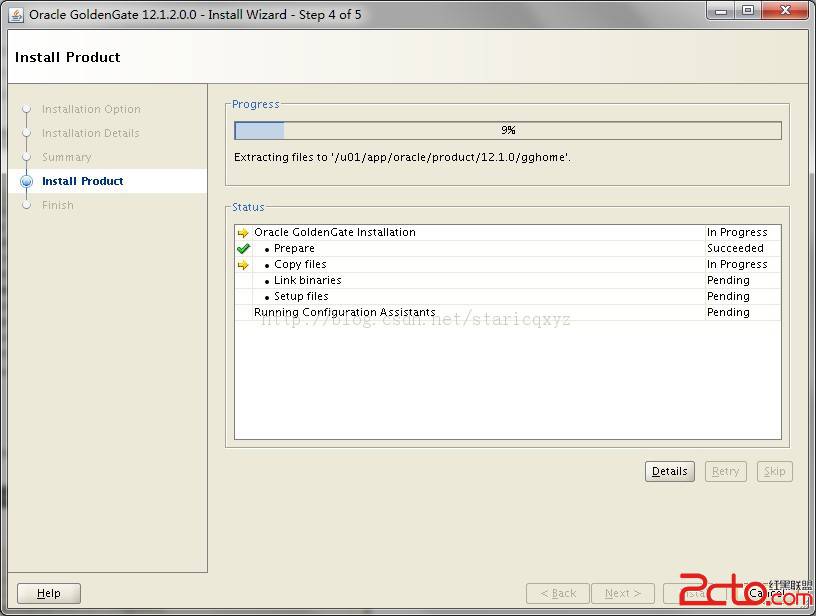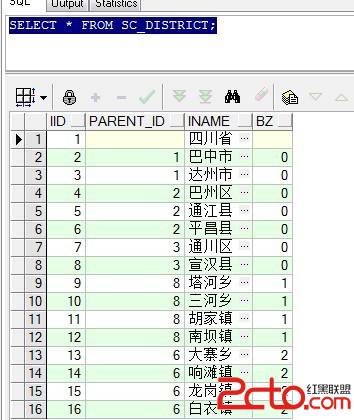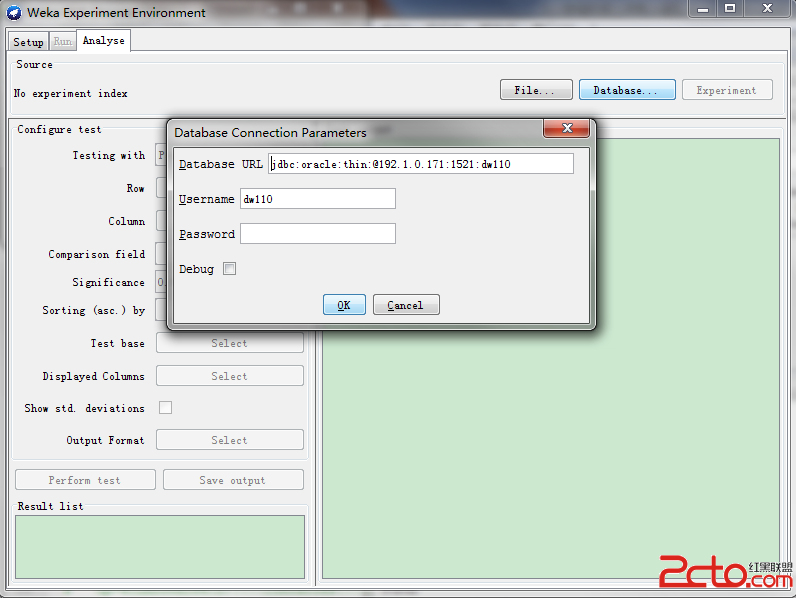Skills for oracle grid infrastructure clusterware
Skills for oracle grid infrastructure clusterwareThe article records some skills for oracle crs.
oracle version 11.2.0.1
To find out cluster and daemon status
[sql]
su - grid
$GRID_HOME/bin/crsctl check crs
CRS-4638: Oracle High Availability Services is online
CRS-4537: Cluster Ready Services is online
CRS-4529: Cluster Synchronization Services is online
CRS-4533: Event Manager is online
$GRID_HOME/bin/crsctl stat res -t -init
--------------------------------------------------------------------------------
NAME TARGET STATE SERVER STATE_DETAILS
--------------------------------------------------------------------------------
Cluster Resources
--------------------------------------------------------------------------------
ora.asm
1 ONLINE ONLINE rac1 Started
ora.crsd
1 ONLINE ONLINE rac1
ora.cssd
1 ONLINE ONLINE rac1
ora.cssdmonitor
1 ONLINE ONLINE rac1
ora.ctssd
1 ONLINE ONLINE rac1 OBSERVER
ora.diskmon
1 ONLINE ONLINE rac1
ora.drivers.acfs
1 ONLINE ONLINE rac1
ora.evmd
1 ONLINE ONLINE rac1
ora.gipcd
1 ONLINE ONLINE rac1
ora.gpnpd
1 ONLINE ONLINE rac1
ora.mdnsd
1 ONLINE ONLINE rac1
To start one offline daemon if ora.asm offline
[sql] crsctl start resource ora.asm -init
To manually start or stop oracle clusterware for all nodes by executing the following commands:
[sql] crsctl start cluster -all crsctl stop cluster -all
And we can manage resources with srvctl tool.
srvctl manages six objects types which are asm, database, instance, services, node applications and listeners. And oracle 11gR2 adds an additional ten object types which are GNS, VIPAddresses, scan vip addresses, scan listeners, oracle homes, oc4j, servers, server pools, asm diskgroups and asm file systems.
srvctl provides alternative commands of
enable,disable, start, stop, relocate, status, add, remove, modify, config, getenv, setenv, and unsetenv to manager oracle grid infrastructure clusterware. And we can know these commands details by srvctl --h on operation system.
For example:
to start a service name raymond
[sql] srvctl start service -d ray -s raymond -n rac1
Another useful command to know is srvctl’s config option. This option retrieves information abouta system, reporting all database resources if no additional arguments are provided. If an object such as adatabase, asm, scans, or scan listener is passed, then this option provides detailed information about thespecified resource. This functionality is essential for deployments that GNS where DHCP is responsiblefor assigning network addresses. For example, you could use the following to find out which IP addressesare used for the SCAN:
srvctl config scan





